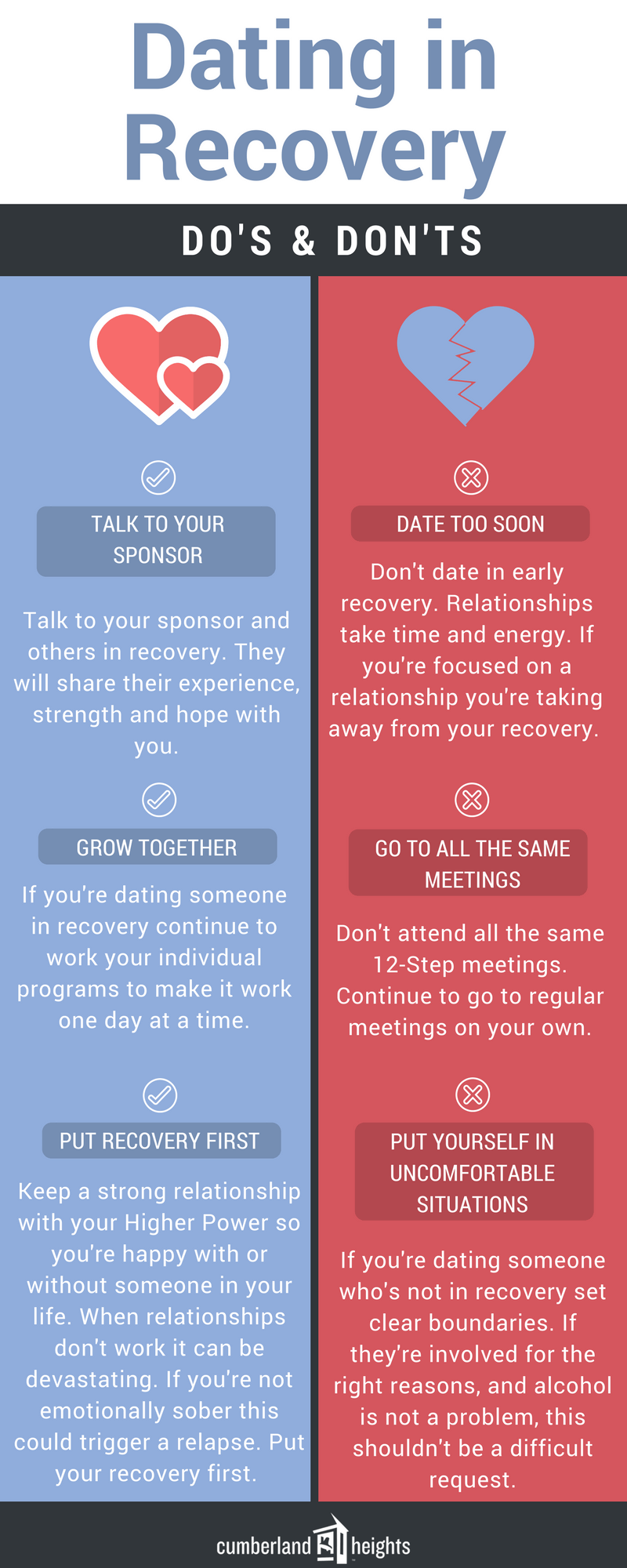Discover The Trick To Creating A Robust Aftercare Plan Following Drug Rehab And Unlock The Door To Continual Success
Discover The Trick To Creating A Robust Aftercare Plan Following Drug Rehab And Unlock The Door To Continual Success
Blog Article
Uploaded By-Burnham Park
You have actually finished drug rehabilitation, and currently it's time to produce an effective aftercare strategy to ensure your lasting healing.
Photo this: you're an individual identified to stay clean and construct a satisfying life. This post will certainly direct you through identifying recurring support systems, incorporating therapy and counseling, and establishing healthy and balanced coping systems.
With these methods, you'll be geared up to prosper in your trip of soberness.
Allow's get going.
Identifying Ongoing Assistance Solutions
You need to identify at least three recurring support systems to make certain a successful recovery after drug rehabilitation.
The first support system is your family and friends. They can offer emotional support, motivation, and aid you remain answerable. WhiteSands inpatient alcohol rehab near me Fort Myers Suboxone Center 33955 can additionally give a secure and understanding environment where you can share your struggles and success.
The second support system is your specialist or counselor. They can assist you overcome any underlying problems that may have contributed to your addiction and give advice on exactly how to prevent regression. They can additionally teach you coping mechanisms and healthy and balanced methods to deal with anxiety.
The 3rd support group is a support group or a sober area. Being bordered by others that are experiencing similar experiences can be exceptionally useful. They can offer a feeling of belonging, comprehending, and deal beneficial guidance and support.
Incorporating Treatment and Counseling
To accomplish an effective recuperation, it's important for you to actively participate in treatment and therapy sessions, along with integrate them into your continuous support group. By doing so, you can optimize the benefits of these therapy modalities and increase your possibilities of preserving long-term sobriety.
Right here are some key reasons why incorporating therapy and counseling into your aftercare plan is vital:
- ** Emotional Support: ** Treatment and therapy provide a safe space for you to reveal your thoughts, feelings, and has a hard time pertaining to your addiction. It enables you to overcome any type of unsolved issues and establish healthy coping devices.
- ** Relapse Avoidance: ** These sessions equip you with the required devices and strategies to stop relapse. They aid you determine triggers, develop dealing skills, and establish a strong foundation for managing yearnings and stress.
- ** Read the Full Content : ** Therapy and counseling help with personal growth and self-discovery. They help you obtain understanding right into the underlying reasons for your dependency, boost self-esteem, and establish healthier relationships.
Developing Healthy And Balanced Coping Systems
Throughout treatment and therapy sessions, it's crucial to proactively work with creating healthy and balanced coping mechanisms in order to successfully take care of tension and challenges.
You require to recognize and understand your triggers, those points that cause you distress or stress and anxiety. By identifying these triggers, you can create approaches to deal with them in a healthy and balanced method. This could include exercising deep breathing exercises, participating in exercise, or discovering a creative outlet to express your emotions.
It is necessary to also surround on your own with a solid support group of friends and family who can offer support and support.
Furthermore, self-care activities such as getting adequate sleep, eating well, and practicing relaxation strategies can significantly contribute to your general health.
Conclusion
In the journey in the direction of recovery, producing a successful aftercare strategy resembles often tending to a fragile yard. Just as a garden enthusiast supports each plant with treatment and attention, so also need to one grow recurring support systems, integrate therapy and counseling, and create healthy and balanced coping mechanisms.
By doing so, the seeds of recovery will bloom right into a growing garden, offering a strong structure for a brighter, drug-free future.
